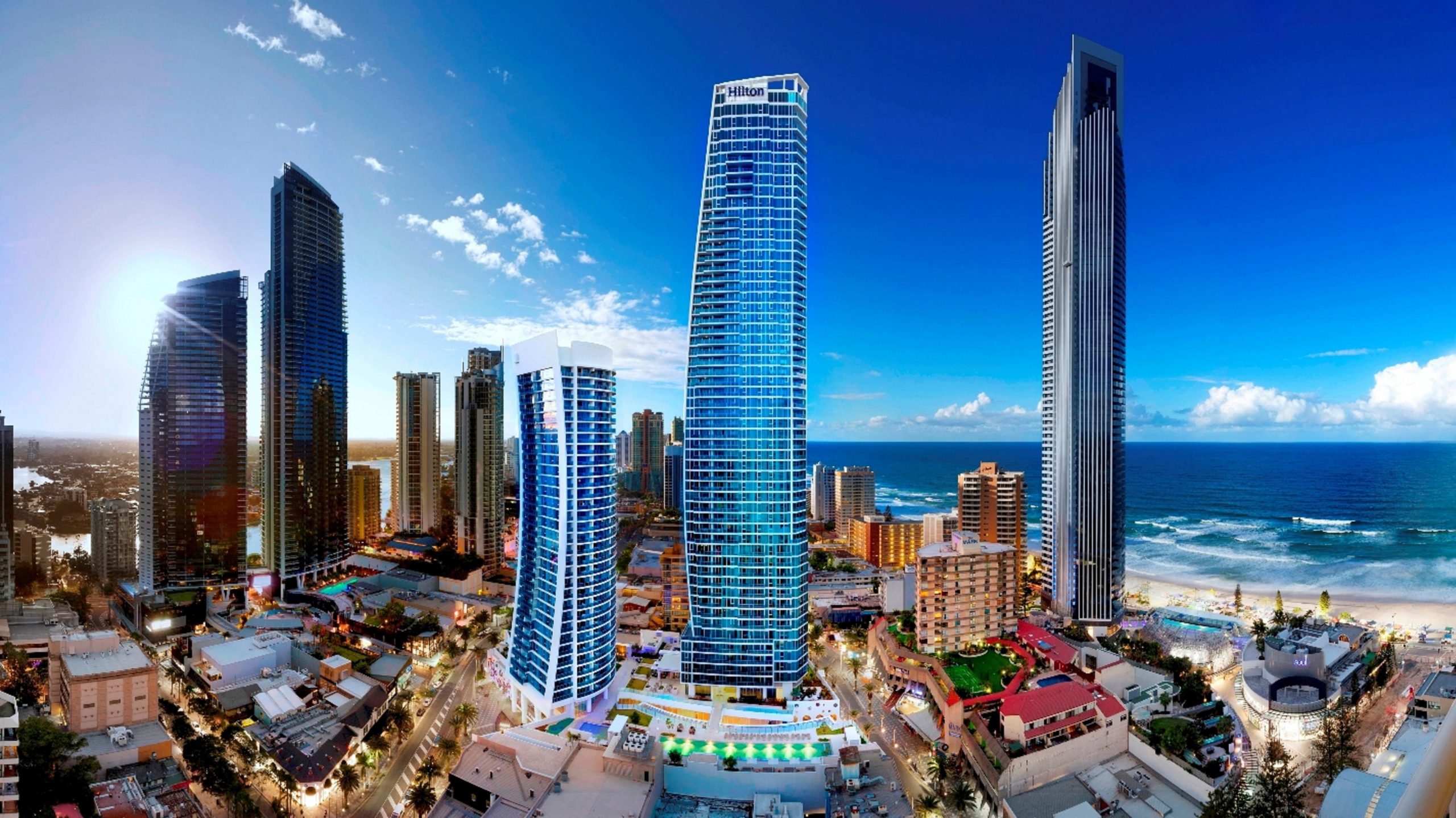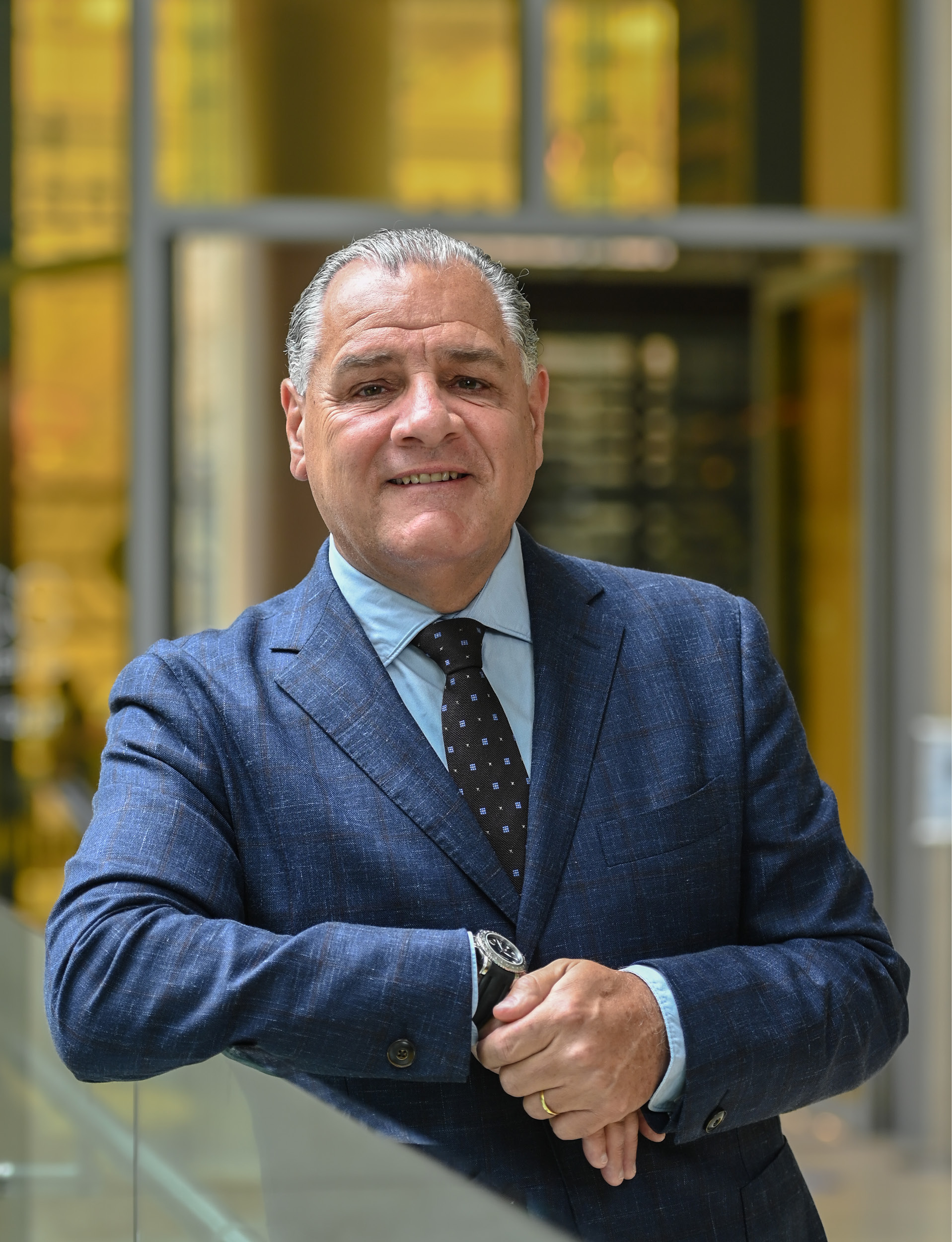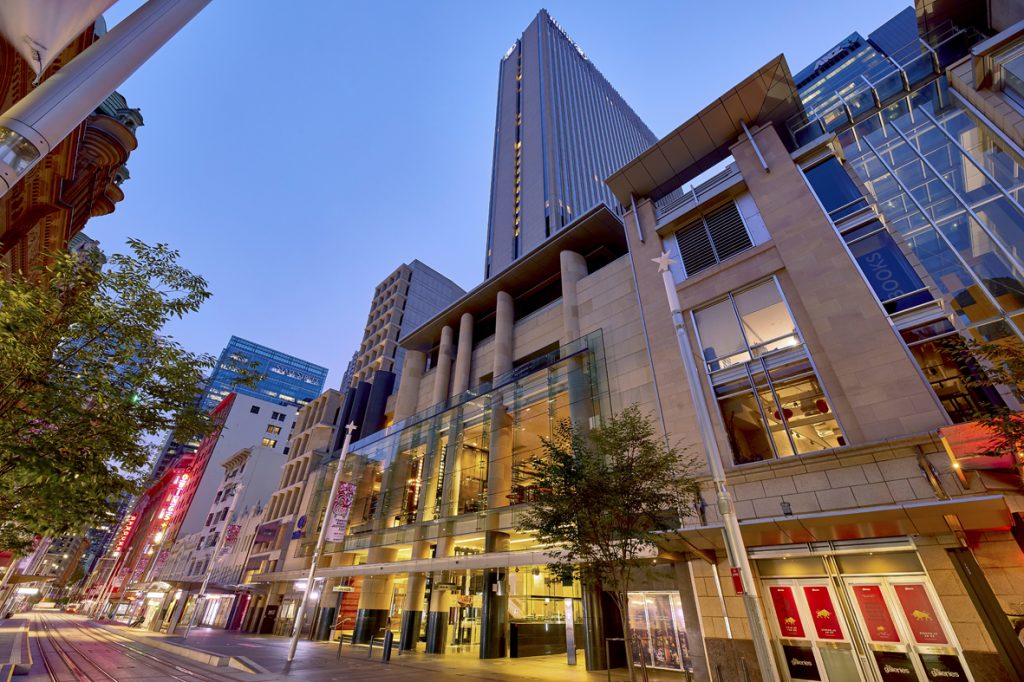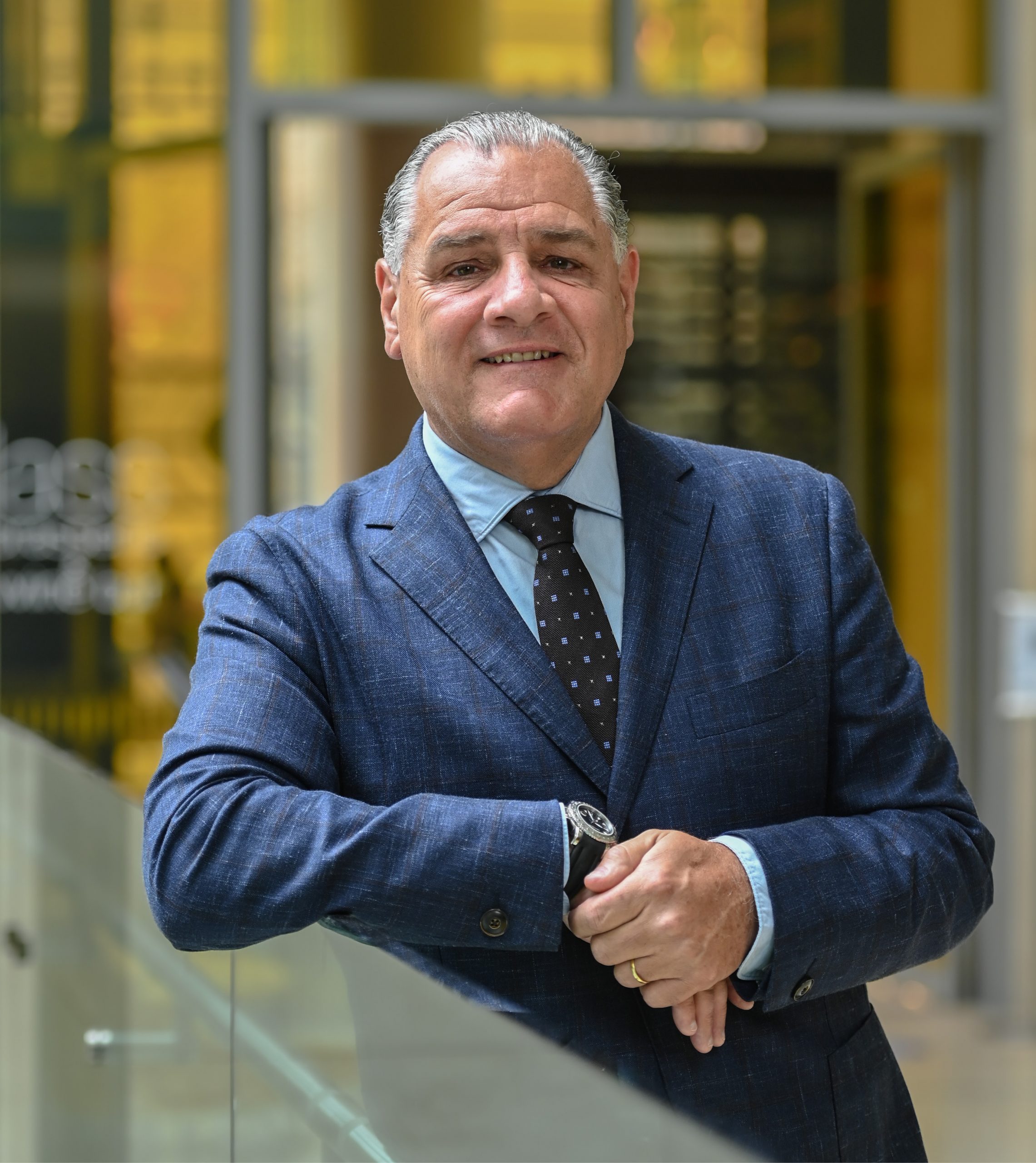


The Insider shines a spotlight on one of the hot button issues for 21st century business – diversity & inclusion – in the company of Hilton’s Paul Hutton, a vastly experienced hospitality leader who features on Glion’s ‘Wall of Fame’ celebrating our most impactful alumni…
As the most geographically dispersed industry of them all, hospitality has something of a head start when it comes to promoting an ethnically and culturally diverse workforce. That said, as any HR professional will tell you, this is only part of the story when it comes to the keystone topic of diversity & inclusion (D&I).
A fairer distribution in terms of age, disability, and gender is also important in creating a truly inclusive working environment. And achieving this occupies the thoughts of senior executives across hospitality, such as Paul Hutton, a Glion alumnus who is today Area Vice President APAC and Head of Australasia for Hilton.
In this role Paul spearheads the company’s ambitious plans to double its hotel footprint throughout the region within the next five years. At the tail end of last year, he sat down with The Insider to talk about how Hilton’s award-winning approach to D&I helps to fuel both its present and future objectives.
“At the end of January our hotel operations and regional leadership team is gathering in Brisbane to talk about goals and priorities for the year. In the past, issues like diversity, sustainability and social impact might have been found down the agenda, perhaps featuring on day two. Now it’s in the opening stanza, front and center,” he explains.

Such a commitment is getting Hilton noticed inside and outside the industry. For example, the company has a place in the ‘Hall of Fame’ of DiversityInc, having previously occupied the number one spot in its Top 50 Companies for Diversity ranking. Closer to home for Paul, Hilton earned a Top 5 ranking among ‘Australia’s large companies over 1,000 employees’ in the 2022 lists compiled by Great Place to Work®.
“That was very satisfying, because Great Place to Work® is a globally-recognized body for workplace culture and so it’s an important litmus test for us in terms of the progress we’ve made and what we’ve tried to achieve,” he notes.
“Hospitality can be a very demanding career, but on the other hand we’ve seen how an immense sense of loyalty can be generated through people loving the place and the work. And that’s especially important for a company like Hilton, which has always occupied the mid-range in terms of salaries, leaving us at risk of colleagues quitting to go to a rival hotelier – or a different sector – which promises higher pay.
“So that makes it even more important that we build on what a career looks like, while offering flexible working conditions and benefits such as our staff travel program and the Hilton UNI.”

“Hospitality can be a very demanding career, but on the other hand we’ve seen how an immense sense of loyalty can be generated through people loving the place and the work. So that makes it even more important that we build on what a career looks like, while offering flexible working conditions and benefits such as our staff travel program and the Hilton UNI.”
Paul Hutton
The business case for diversity
Paul’s point about loyalty demonstrates where the soft focus of D&I aligns with the hard edge of business success. It’s no secret that hospitality is currently experiencing a war for talent, and so opening up to a more diverse talent pool has obvious benefits.
At Hilton, a major feature of this effort has involved ‘nationalizing’ the workforce in emerging markets, especially at the more senior managerial levels which have historically been dominated by expats.
Thinking back to his previous experience heading the Southeast Asia region for Hilton, Paul cited evidence from Sri Lanka, where two of the four hotel GMs are now local nationals, as is the Country Manager, Manesh Fernando. In China, meanwhile, the turnaround is even more dramatic, with only some 10% of the more than 500 Hilton group hotels now managed by expats, against a total of 93% a decade ago.
Drilling deeper into the topic, Paul highlighted several ‘grass roots’ initiatives designed to open up careers in hospitality to local populations. These include the establishment of vocational schools and projects in Myanmar and Sri Lanka – the latter specifically for underprivileged women from rural areas of the country who would have no other means of vocational study.
“These initiatives are important to us becoming a more inclusive employer; and this is really brought home when you get the opportunity to attend a graduation event at one of our Hilton hospitality schools and share the joy of the graduates,” says Paul.
“We’re happy to make these investments, but we can also do more to reach out to local universities. Perhaps to help them set up a hospitality faculty? Or through some of our GMs and other leaders doing pro bono lecturing; or by providing mentoring at a one-to-one level. As a 104-year-old hotel company we have the industry expertise in abundance, so nobody is better placed to do this than Hilton.”
As with many D&I initiatives, the altruistic side of nationalizing the workforce is augmented by business reality – in this case the increasing desire for authentic guest experiences.
“If I’m sitting in a nature park in Sri Lanka it’s not very authentic to find the restaurant manager is from eastern Europe. Similarly, if I’m staying in a tented camp in the Kenyan bush, I’m not going to feel I’m having a genuine experience if I’m being served by three Swedes and an Australian. These levels of authenticity are absolutely critical today, and that’s something which has indexed even more rapidly as we’ve emerged from the Covid shutdown and people have begun to explore new places again.”
Age is wisdom
Another area of major focus is attracting the more mature demographic into the industry. Again, this is a clear and obvious opportunity, given the growing numbers of older people who are re-entering the workforce to earn extra income to cover pension shortfalls or family commitments in these tough economic times.
“It’s a win:win for us as an industry, because it gives us the opportunity to mix some interesting and mature individuals into customer-facing roles such as the front desk, as well as among our management teams. From a staff retention perspective, if you are in your 40s or 50s and you’ve come back into the workforce and found a role and an employer that you like, then you’ll be far more likely to be loyal and stick around than is the case for the younger generations.”
Reigniting the passion

While celebrating these successes, Paul is quick to acknowledge that the “people piece” as he puts it is still the number one challenge facing Hilton and other major hotel operators.
“We’ve learned the hard way that we are competing for talent against more industries than ever before, and many of them are regarded as being more pandemic-resistant than hospitality. So, we have to go further to convince people to throw their lot in with us and commit to a career in hotels. That means demonstrating the opportunities to progress, the lifelong learning, study sabbaticals – other industries are really good at this stuff but historically we’ve been terrible at it!
“As an industry we have to be united in promoting our way of life to try and get people passionate about hospitality again. We need to be flexible in the way we structure our roles, and we need to be brave in giving people a chance to step up the career ladder even if we feel they are perhaps 70% ready. Because in today’s world if we don’t offer these things they’ll find an employer up the road who will.”
- To discover more about careers at Hilton, visit the company’s dedicated website
Develop the skills to succeed
Our undergraduate and graduate degrees are tailored to the modern workplace, providing a perfect balance of hard and soft skills accompanied by real-world professional experience.
















